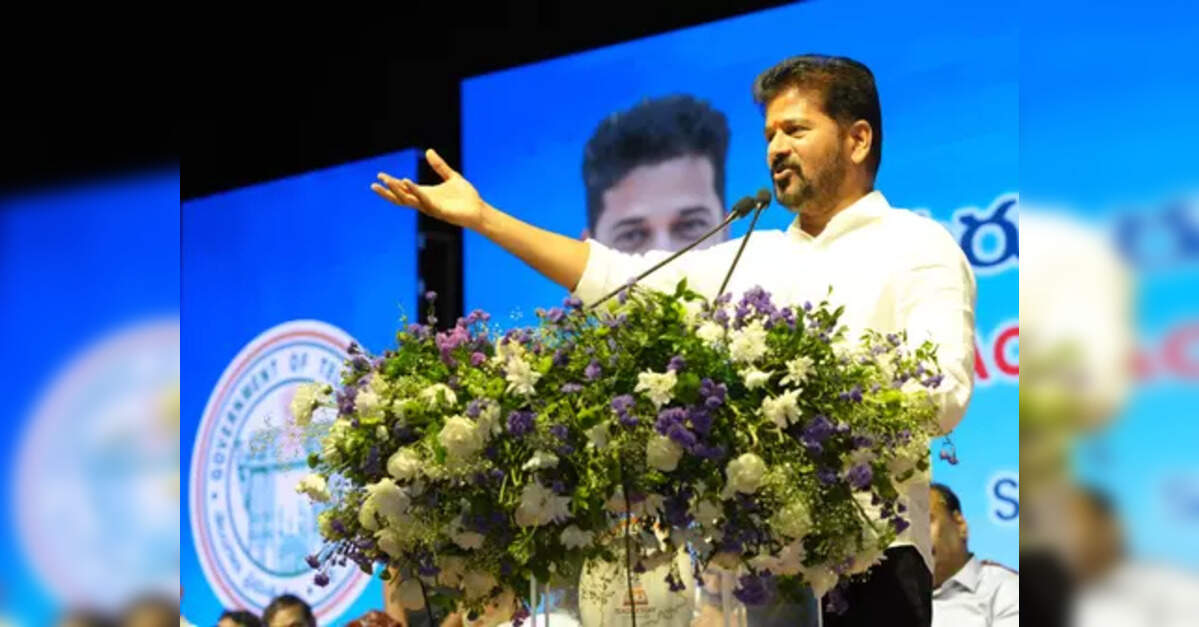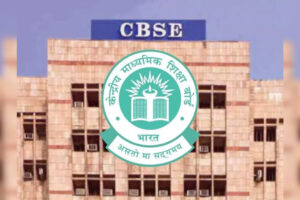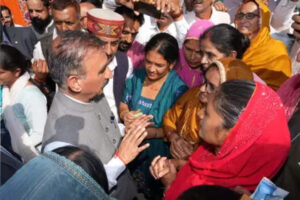
Telangana Education Policy to focus on emerging tech, job-ready courses, ETEducation

The objective of the Telangana Education Policy (TEP) is to include critical aspects that are missing from the 2020 National Education Policy (NEP), said members of the TEP drafting committee. The members noted that Telangana has been opposed to the implementation of the NEP right from the policy’s inception.
Stating that the NEP was conceptualised before focus shifted to emerging tech, the committee members said that the TEP would be all-encompassing, covering defence, aerospace, pharma and IT sectors. The policy will aim to capitalise on Telangana’s hi-tech ecosystem and make education futuristic by introducing various courses. To make this possible, the committee has decided to form four sub-committees to study curriculum and pedagogy, skills and employability, research and collaboration, and policy and best practices.
“Telangana aims to be a global leader in education by 2047. TEP is a step in that direction. We want to integrate tech into education and have courses on AI, supercomputers, semiconductors, among others,” said V Balakista Reddy, chairman, Telangana Council of Higher Education, who is a member of the committee formed to draft TEP. He pointed out that TEP would build on NEP 2020 but will be tailored to Telangana’s socio-economic, cultural, and developmental needs.
The committee is looking to introduce several job-ready courses to tap into available opportunities in fields like maritime, global pharma, intellectual property, renewable energy, and agriculture, among others. They also plan to explore the role of global institutions such as UNESCO, UNICEF, and the World Bank to ensure education remains accessible to all and improves learning outcomes.
The members said that TEP would aim to create more job creators than job seekers by creating an environment to encourage student entrepreneurs. It will also address implementation of RTE, which has been long pending in the state.
By the end of October, the members aim to hold stakeholder consultations, draft the policy, seek public feedback, and submit it for final approval.
Source link



